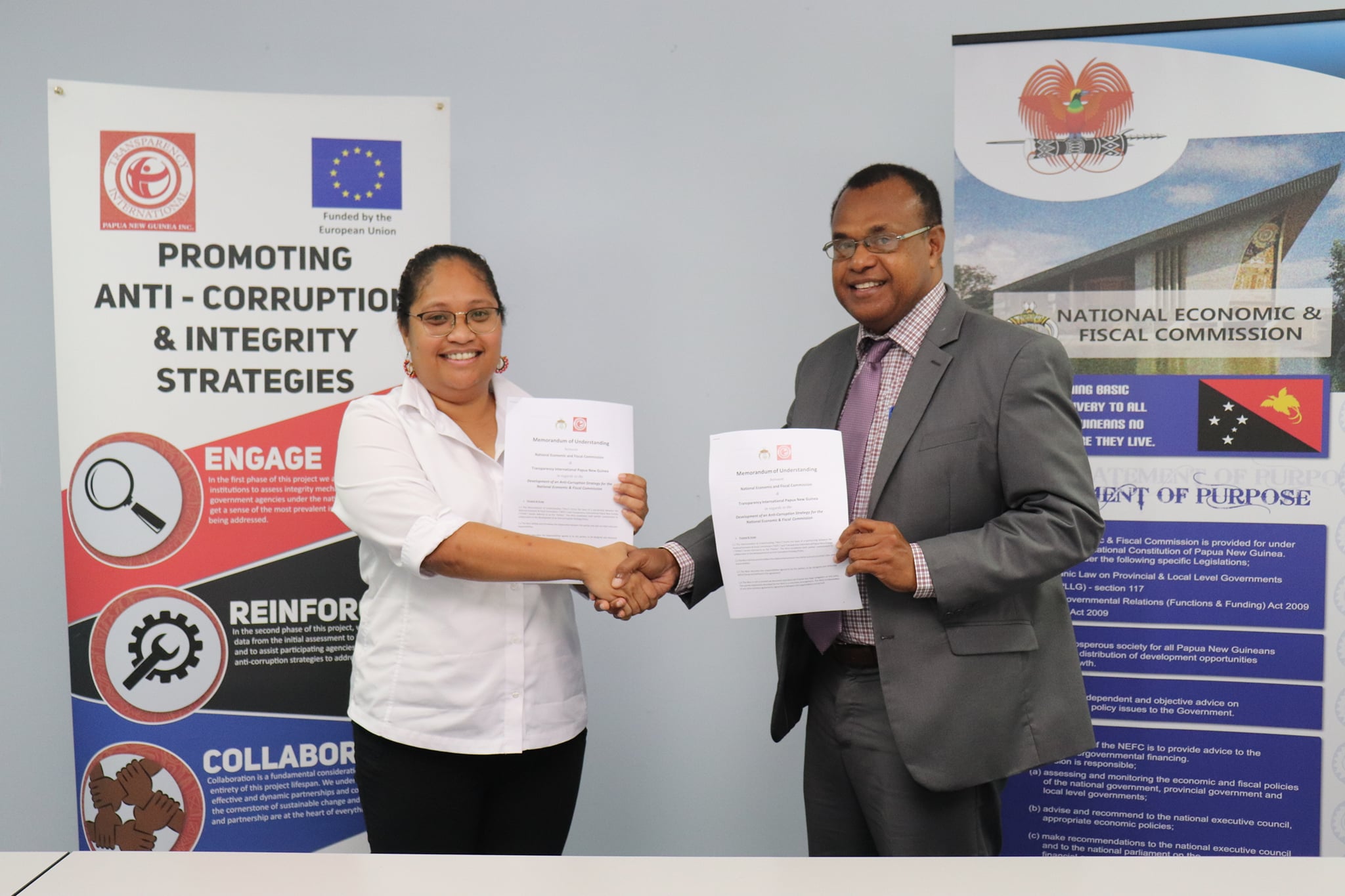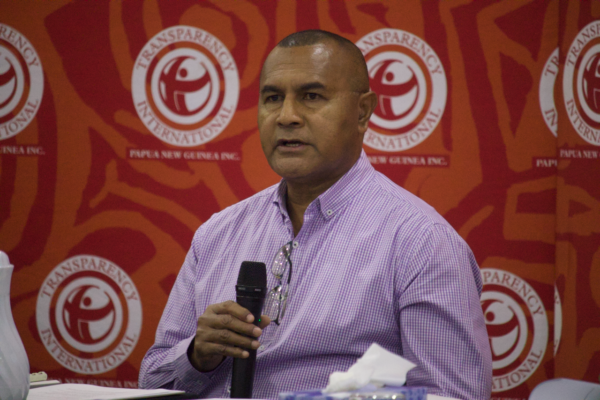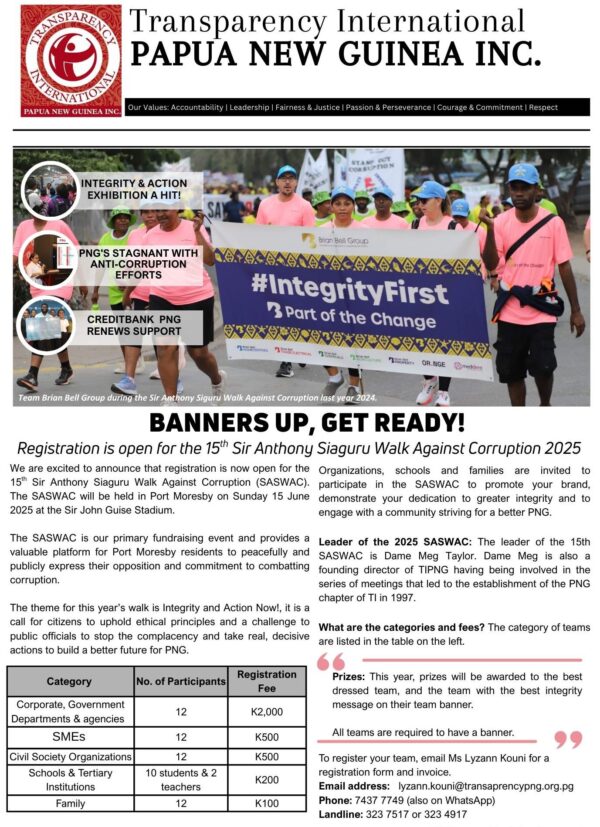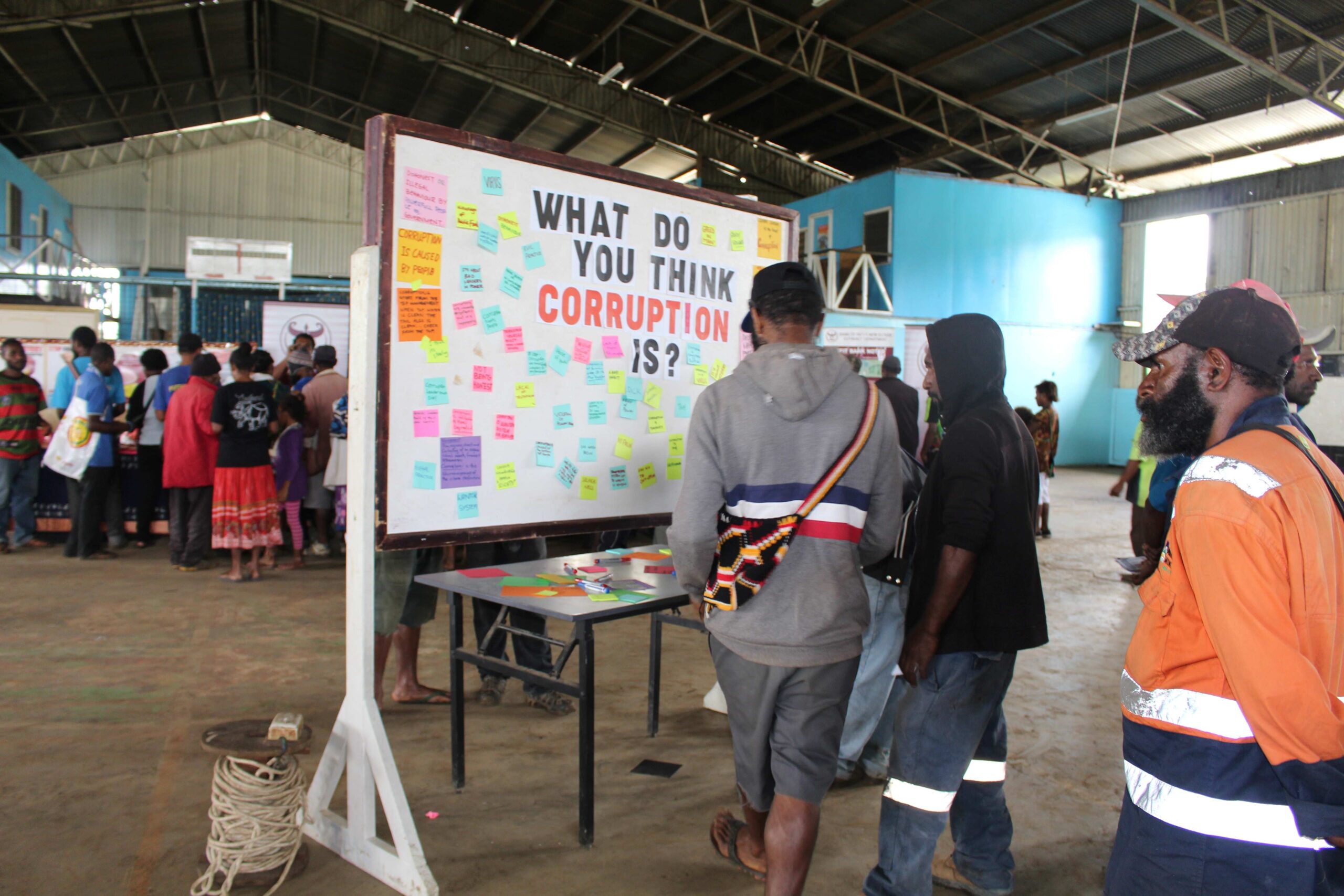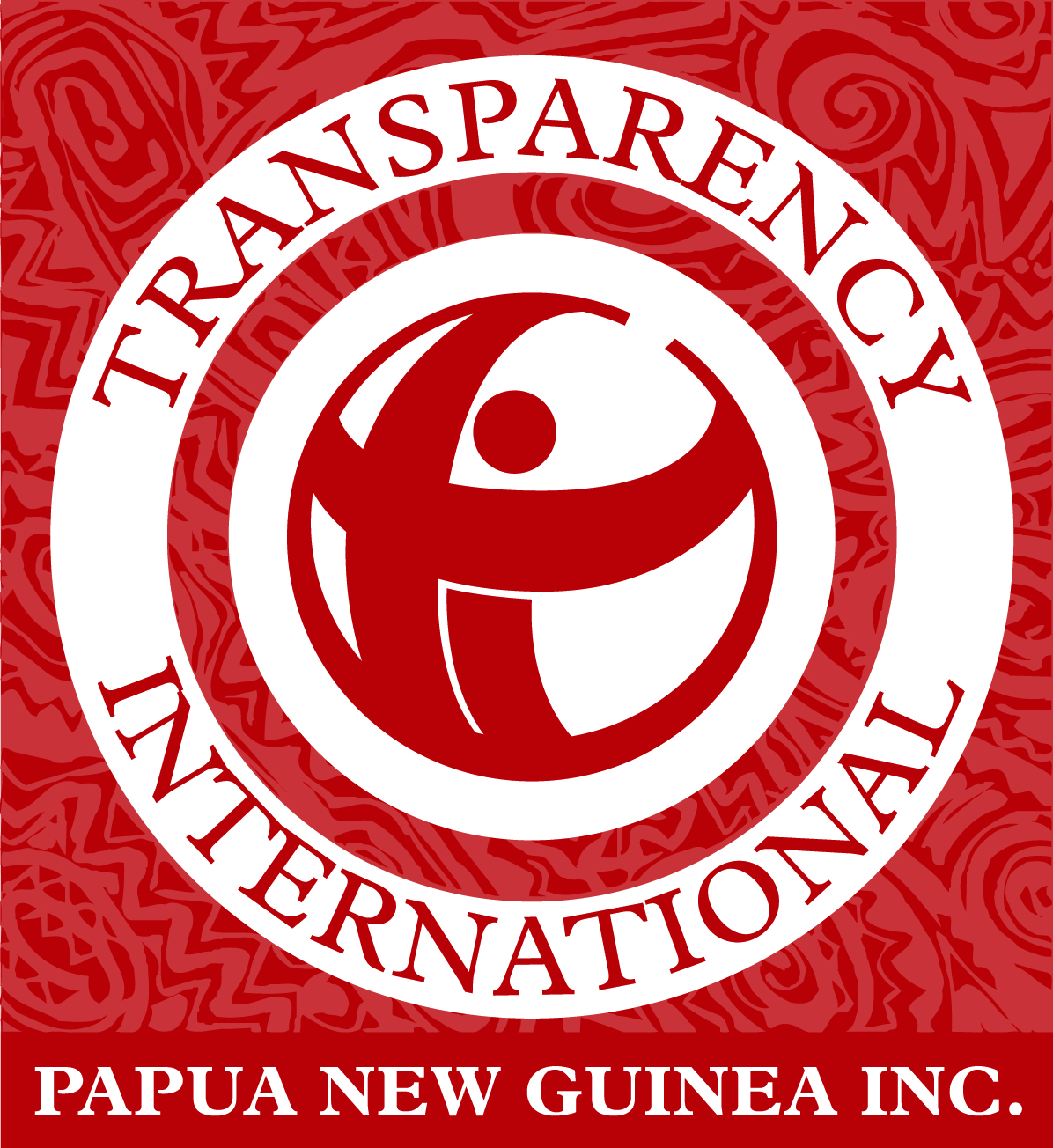Transparency International Papua New Guinea (TIPNG) and the National Economic and Fiscal Commission (NEFC), earlier today in Port Moresby, have signed a Memorandum of Understanding (MoU) to develop an agency-level anti-corruption strategy for the NEFC. This initiative is part of TIPNG’s Promoting Anti-Corruption and Integrity Strategies (PAIS) Project funded by the European Union to
strengthen public trust in national integrity institutions.
“TIPNG welcomes the decision by the NEFC to partner with us through an MoU for the development of an anticorruption strategy that will support the mandate of the Commission. PNG’s National Anti-Corruption Strategy 2010-2030 calls on state agencies to develop internal anti-corruption strategies and to date there has been almost no uptake of this national policy. TIPNG invites other agencies to follow the leadership demonstrated by the NEFC and implement and inform the public of internal of internal measures to bridge the integrity gap we see in our national integrity system,” said Chief Executive Officer of TIPNG, Ms. Arianne Kassman in a media
statement.
The National Economic & Fiscal Commission of Papua New Guinea’s role and mandate are established under the National constitution (Section 187H) and defined under Section 117 of the Organic Law on Provincial and Local level Government. The Commission’s overarching role is to advise the national government on economic policy and Intergovernmental Financing Arrangement matters.
Its specific functions also involve assessing revenues available in the provinces and determining the level of operational (goods and services) grants in the re-current budget to the provinces and local-level governments, monitoring and reviewing the operational grants on how provinces spend this funding and conducting a periodic cost of services study to estimate the cost government’s basic service delivery obligations for grant calculation, policy development and budget purposes.
TIPNG, through the PAIS Project, will be working with state agencies to develop internal anti-corruption strategies this in 2021, that will be shared with citizens and journalists so that they can more effectively engage with the public sector to take action against corruption.
This work has been informed by TIPNG’s 2021 National Integrity Systems Assessment (NISA) Report which found that all 14 National Integrity pillars in PNG were less than adequate.
Furthermore, the NISA identified a clear integrity gap between the existing laws and practice by agencies. The internal anti-corruption strategies developed by TIPNG in partnership with selected agencies will go towards bridging this integrity gap.
Ends…///

